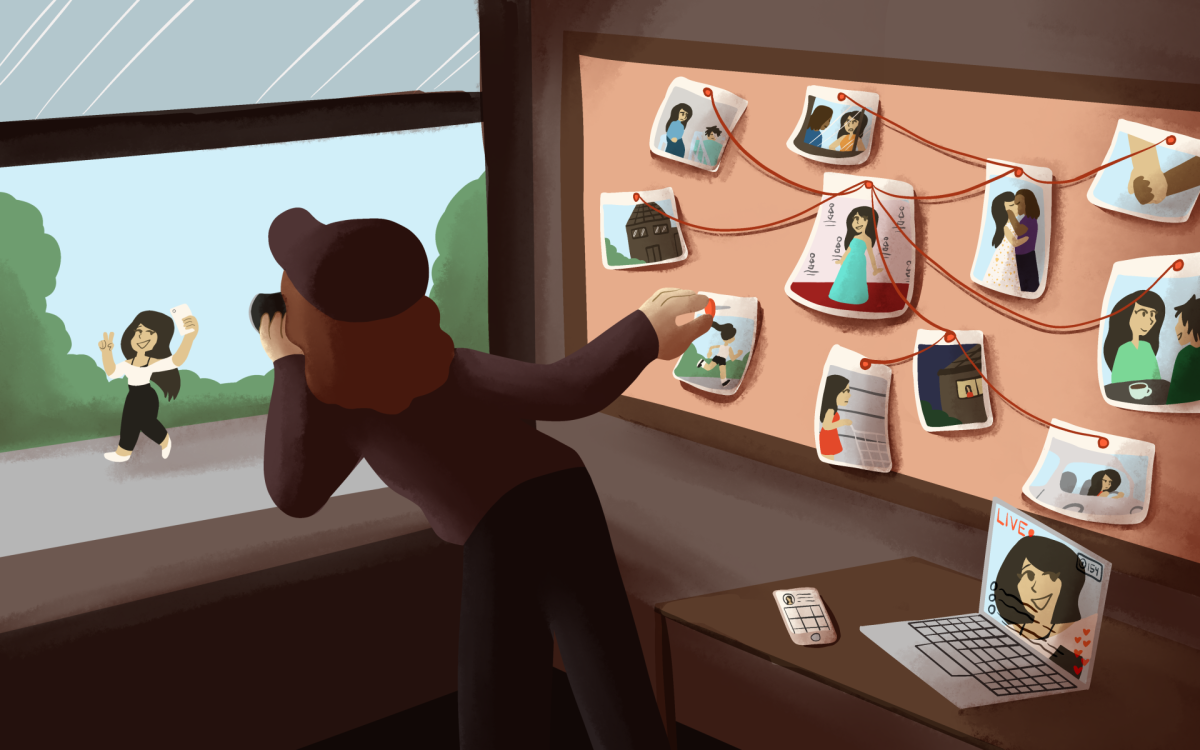What is gluten? Many people hear and even use this word daily without the true knowledge of what the noun means. Gluten is a microscopic protein found in wheat, barley and rye. Gluten is a severe problem for individuals with a “newer” condition known as celiac disease.
Celiac disease (CD) is an autoimmune disorder that creates inflammation on the inner lining of the small intestine. When gluten gets into a CD patient’s body it scrapes down on the villi fibers on the inner lining of the small intestine.
The villi fibers in a normal small intestine stick up so that nutrients can be absorbed. So, when these are rubbed down by gluten it creates a situation of malnourishment, according to James Censky, a family physician based in New Berlin, Wisconsin.
CD is a chronic disorder, meaning there is no cure and it will not likely go away over time; there is also no known cause of CD.
Although the symptoms of CD can include malnourishment, they vary widely depending on case by case severity. According to a New York Times CD guide, symptoms include, but are not limited to, abdominal pain, bloating, gas, diarrhea, nausea, unexplained weight loss, fatigue and many more symptoms.
Being diagnosed with CD can be a difficult transition for some people. For Cat Cameron, a student at the University of Cincinnati, CD has been a part of her whole life. Cameron was diagnosed when she was only four years old.
“My personal experience with celiac is more on the severe side,” Cameron said. “If I eat gluten, I have excruciating stomach pains, horrible hair loss, bad fatigue, bloated abdomen and mouth sores.”
Not every person with CD has the same symptoms, but all of Cameron’s symptoms are very severe on the CD symptom spectrum.
Aside from all of these saddening repercussions, Cameron says that “the hardest part about having celiac is the constant need to know what has gluten in it,” because it is so easy to be unsure.
Although easy to be unsure, she has never felt ashamed to ask for gluten-free options when eating out, but it is an inconvenience to her because they’re usually more expensive. This can be hard on a college student when trying to maintain a healthy diet on a budget.
For college students in Chicago, CD may be easier to manage. Andrea Rudser-Rusin, a registered dietician working through DePaul University, says that at the university there is always a gluten-free option in the dining area.
In addition to this, she recommends consulting with herself or the University of Chicago for their impressive CD clinic.
“When you start to eliminate a food group, you start to eliminate nutrients,” Rusin said. “Because there is a restriction in your diet, you would need to focus on balancing your nutrients.”
“Where you get in trouble is people who think gluten-free is healthy and that’s not necessarily a healthier lifestyle by any means of the imagination,” Rusin said. This is on the rise due to gluten-free fad dieting and its presence in the media. A prime example of this in the media is the very unintelligent Kardashians.
Cameron, a life-long CD patient gets irritated when her friends ask her about trying out a gluten-free diet. “I come across people trying to be gluten-free by choice all the time,” Cameron said. “With being in a sorority, I constantly have girls asking me if they should go gluten-free to try and lose weight or to feel better. This really bugs me that people think they can go gluten-free to stay skinny or lose weight because that isn’t true. If you want to lose weight you should switch to eating more vegetables, fruits and protein and monitor carb intake—not go gluten-free.”
This concept is likely a result of association. This meaning when people go gluten-free they find that it is hard to find gluten-free options of the foods they usually like to eat; sandwiches, granola bars, cereals, soups, salad dressings, pastas and things of that nature are all off the table.
However, substituting rice or corn pasta because it’s gluten-free is not healthier than buying the normal whole grain pasta since whole grain pasta is less expensive and has more essential vitamins and minerals.
People who follow a gluten-free diet because they believe it’s healthier are wrong and should discontinue following this fad diet because it results in lack of vitamins and minerals in those without CD. In addition to this, it’s offensive to those with CD who have severe reactions to gluten and wish they could eat regular foods.
“I don’t understand why people [without CD] don’t enjoy all the good glutinous foods of the world,” Cameron said.








